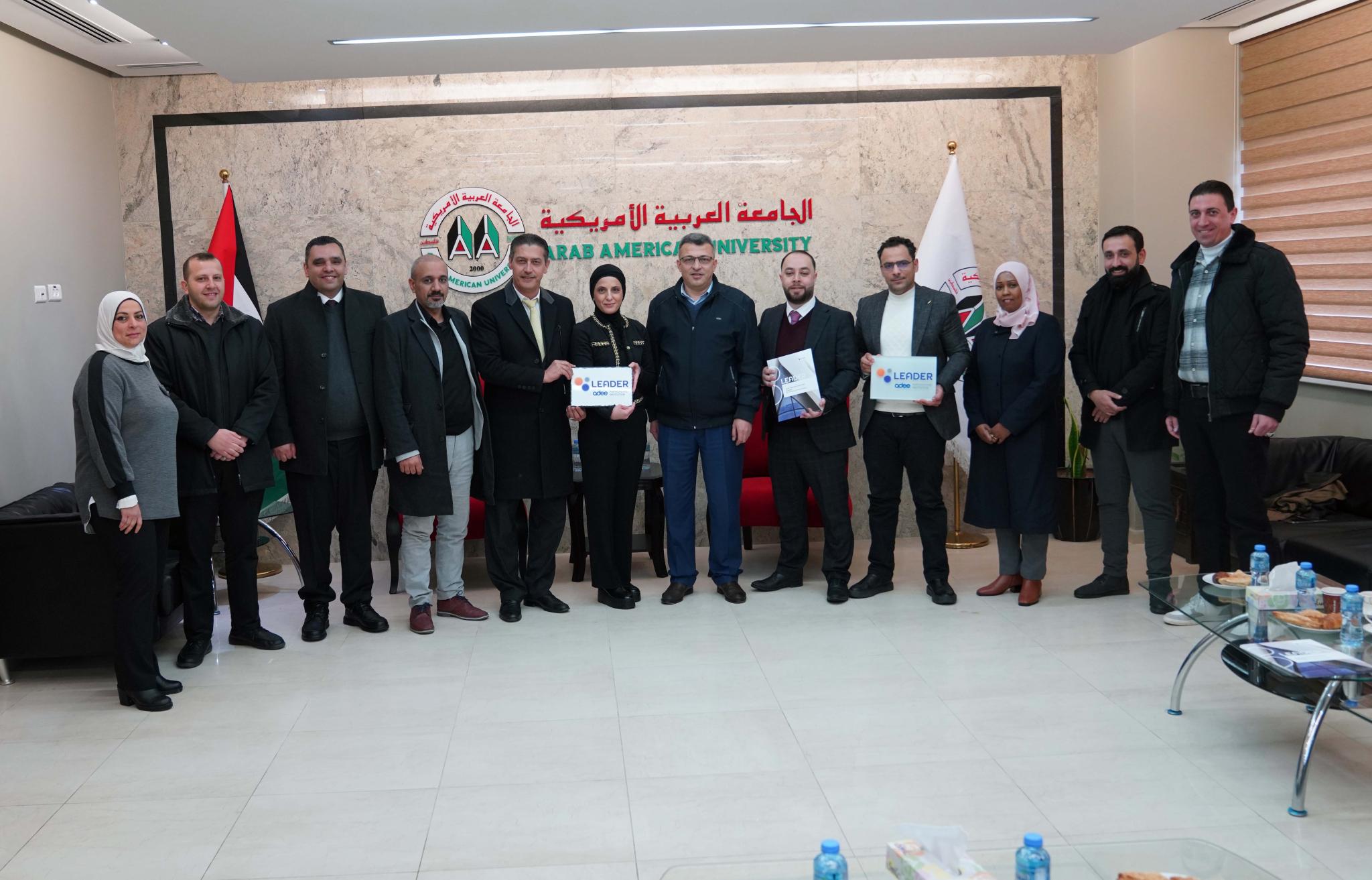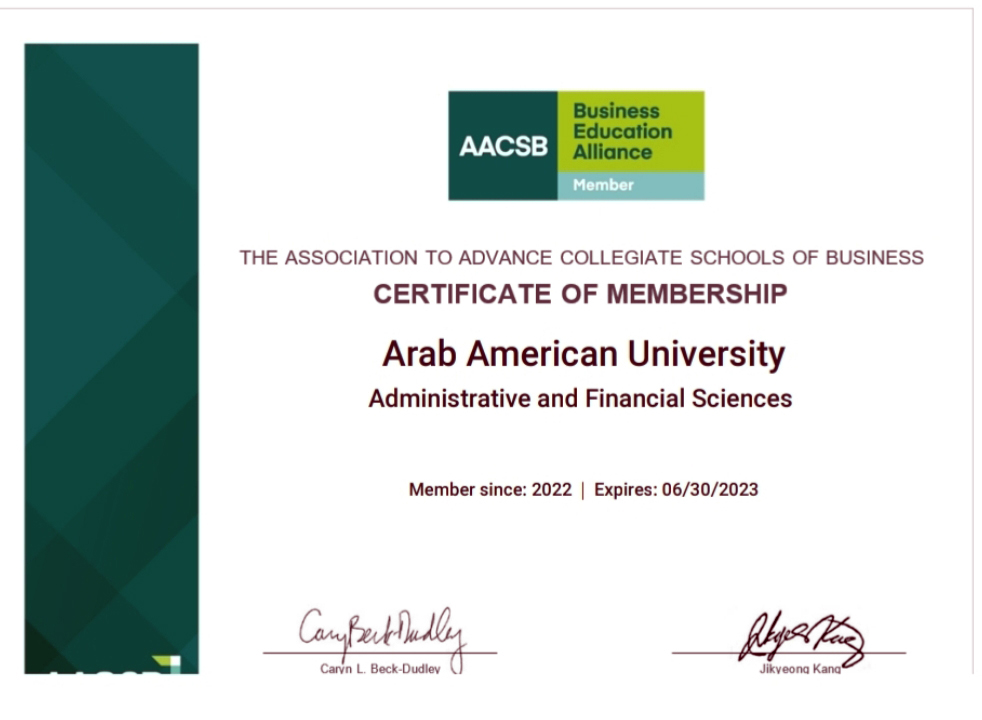The Faculty of Human Medicine at the Arab American University Declares Joining the Global Gathering for the Study of Rare Genetic Diseases (Genomics Research to Elucidate the Genetics of Rare Diseases (GREGOR).
The group consists of global centres, including the Broad Institute at the Massachusetts Institute of Technology, Baylor Faculty of Medicine, Stanford University, and the Information Centre of the University of Washington.
This group aims to unify the efforts of scientists in discovering the genes behind rare genetic diseases by developing methodologies for reading the genetic sequence using exome, genome, RNA and methylation patterns and other functional research.
"There are around 6000-8000 types of rare diseases, affecting more than 25 million people in the Middle East. They are mostly genetic diseases that do not exist. There is no cure for these diseases and they cause a lot of pain and suffering to patients” said Dr. Reham Khalaf-Nazzal, a researcher in the field of genomic and neurological diseases at the Arab American University.
She indicated that joining the Gregor pool will allow the participation of a larger number of Palestinian patients who did not obtain a diagnosis despite carrying out many tests and examinations in research that aimed at identifying the genetic mutation causing the disease. This helps in the early detection of diseases, the extraction and inventory of rare diseases, and to avoid them.
Dr. Nazzal indicated that rare genetic diseases spread widely in the Palestinian community due to consanguineous marriage. Such diseases constitute a health suffering for the affected and their families. Consanguineous marriage is the main causative factor in approximately 80% of cases. The disease is considered rare if it affects one out of every two thousand people in the population.
For his part, Dr. Imad Dweikat, Consultant Metabolic and Paediatric Diseases, and Dean of the Faculty of Human Medicine at the Arab American University, explained the importance of focusing scientific research priorities on the medical needs of the Palestinian community. Joining GREGOR integrates with the vision of the university and the Faculty of Medicine in enabling diagnostic and research capabilities in the field of Rare diseases, which include equipping a laboratory for molecular and cellular genome research, a laboratory for diagnosing metabolic diseases, and supporting medical partnerships with health service providers and local and international research centres, which will contribute to achieving the vision of the Faculty of Medicine in raising the status of medical education and scientific research towards development and discovery as well as improving the health situation as basic pillars to improve the medical situation in the Palestinian community in a sustainable manner.














Add new comment